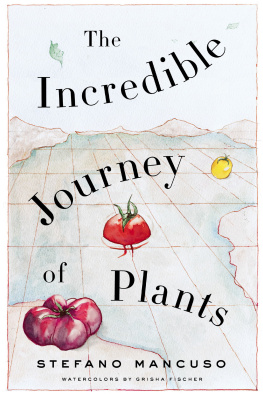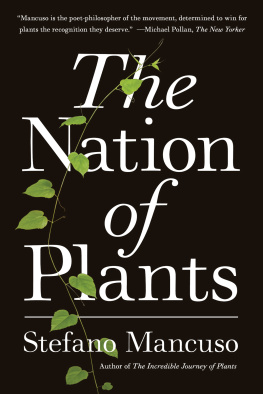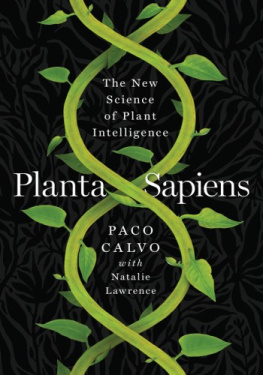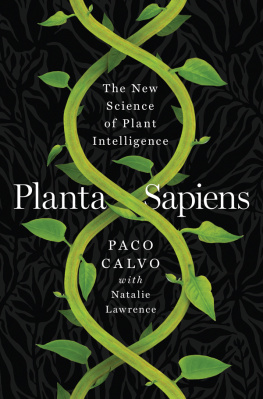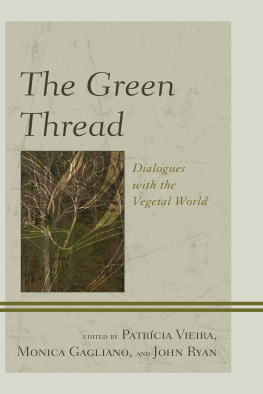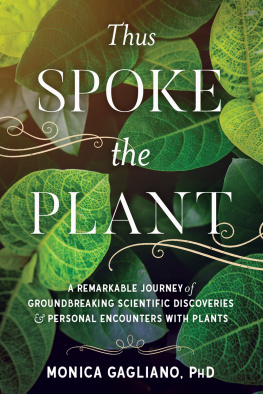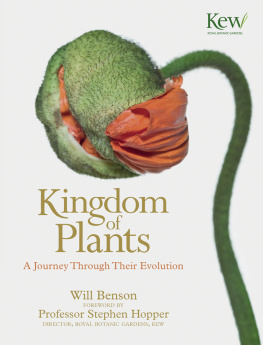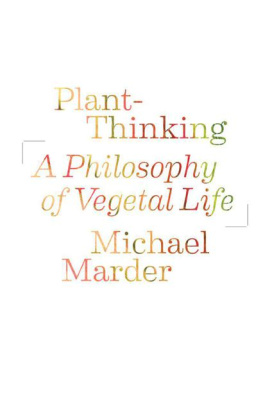About Island Press
Since 1984, the nonprofit organization Island Press has been stimulating, shaping, and communicating ideas that are essential for solving environmental problems worldwide. With more than 1,000 titles in print and some 30 new releases each year, we are the nations leading publisher on environmental issues. We identify innovative thinkers and emerging trends in the environmental field. We work with world-renowned experts and authors to develop cross-disciplinary solutions to environmental challenges.
Island Press designs and executes educational campaigns in conjunction with our authors to communicate their critical messages in print, in person, and online using the latest technologies, innovative programs, and the media. Our goal is to reach targeted audiencesscientists, policymakers, environmental advocates, urban planners, the media, and concerned citizenswith information that can be used to create the framework for long-term ecological health and human well-being.
Island Press gratefully acknowledges major support of our work by The Agua Fund, The Andrew W. Mellon Foundation, The Bobolink Foundation, The Curtis and Edith Munson Foundation, Forrest C. and Frances H. Lattner Foundation, The JPB Foundation, The Kresge Foundation, The Oram Foundation, Inc., The Overbrook Foundation, The S.D. Bechtel, Jr. Foundation, The Summit Charitable Foundation, Inc., and many other generous supporters.
The opinions expressed in this book are those of the author(s) and do not necessarily reflect the views of our supporters.

Original title: Verde brillante: Sensibilit e intelligenza del mondo vegetale
2013 Giunti Editore S.p.A. Firenze-Milano.
www.giunti.it
English edition: 2015 by Island Press
Translation copyright 2015 by Joan Benham
Foreword copyright 2015 by Michael Pollan
All rights reserved under International and Pan-American Copyright Conventions. No part of this book may be reproduced in any form or by any means without permission in writing from the publisher: Island Press, 2000 M Street, NW, Suite 650, Washington, DC 20036
Island Press is a trademark of The Center for Resource Economics.
Library of Congress Control Number: 2014956813
Printed on recycled, acid-free paper 

Manufactured in the United States of America
10 9 8 7 6 5 4 3 2 1
Keywords: Animal cells, Aristotle, botany, Charles Darwin, colony, communication, evolution, intelligence, natural selection, network, plant cells, plant neurobiology, plants, root system, senses, sleep, Venus flytrap
Contents
Foreword
BY MICHAEL POLLAN
Most people who bother to think about plants at all tend to regard them as the mute, immobile furniture of our worlduseful enough, and generally attractive, but obviously second-class citizens in the republic of life on Earth. It takes a leap of imagination over the high fence of our self-regard to recognize not only our utter dependence on plants, but also the fact that they are considerably less passive than they appear, and in fact are wily protagonists in the drama of their own livesand ours.
Brilliant Green will give you a bracing boost over that fence, and put you down in a place where everythingourselves includedsuddenly looks completely different. Chances are, you will come away convinced that it is only human arrogance, and the fact that the lives of plants unfold in what amounts to a much slower dimension of time, that keeps us from appreciating their intelligenceyes, intelligenceand consequent success in the game of life, which has been extraordinary, and dwarfs our own. Plants dominate every terrestrial environment, composing ninety-nine percent of the biomass on Earth. By comparison, humans and all the other animals are, in the words of this intellectually exhilarating book, only a trace.
In Stefano Mancuso, the plants have found their most eloquent or impassioned human advocate since Charles Darwin, who famously wrote that, It has always pleased me to exalt plants in the scale of organized beings. Stefano Mancuso is a leading researcherhe is a plant physiologistin the relatively young, and still somewhat controversial, field of plant intelligence. That term strikes many plant scientists as tendentious, or just over the top, but as soon as you define intelligence as, very simply, the ability to solve the problems that life presents, it becomes impossible to deny such a capability to plants. We jealously guard terms like intelligenceand learning and memory and communicationas the monopolies of animals, but Brilliant Green makes a persuasive case that these are all qualities we now must share.
I first met Stefano Mancuso in 2013 at his lab, provocatively titled the International Laboratory of Plant Neurobiology at the University of Florence, when I was researching an article for the New Yorker on plant intelligence. He shared with me that his conviction that humans fail to perceive the reality of plant life had its origins in a science fiction story he remembers reading as a teenager. A race of aliens living in a radically sped-up dimension of time arrive on Earth and, unable to detect any movement in humans, come to the logical conclusion that we are inert material with which they may do so as they please. The aliens proceed ruthlessly to exploit us. (Mancuso subsequently recalled that the story was actually a somewhat mangled recollection of an early Star Trek episode called Wink of an Eye, easy to find online and well worth seeing.)
That formative leap of imaginationopening him up to a plants-eye view of us, speedy, heedless, and arroganthas inspired Mancusos scientific research and now, with science writer Alessandro Viola, this marvelous collaboration. But while Brilliant Green is most assuredly not a work of science fictionthere is good science to back up its every claimit is, like the best science, the product of a powerful imagination, one with the ability to see the world from a completely fresh and unencumbered point of viewand to communicate that perspective to the rest of us. So, put aside for a couple of hours your accustomed anthropocentrism, and step into this other, richer, and more wonderful world. You wont regret it, and you wont emerge from it ever quite the same again.
Introduction
Are plants intelligent? Do they solve problems and communicate with their surroundingswith other plants, insects, and higher animals? Or are they passive, unfeeling organisms without a trace of individual or social behavior?
Differing answers to such questions date back to ancient Greece, when philosophers of opposing schools of thought argued for and against the proposition that plants have a soul. What drove their reasoning? And above all, after centuries of scientific discovery, why is there still disagreement about whether plants are intelligent? Surprisingly, many of the points raised today are the same ones raised centuries ago, and hinge not on science but on sentiment and cultural preconceptions that have existed for thousands of years.
Although casual observation may suggest that the plant worlds level of complexity is pretty low, over the centuries the idea that plants are sentient organisms which can communicate, have a social life, and solve problems by using elegant strategiesthat they are, in a word, intelligenthas occasionally raised its head. Philosophers and scientists in different times and cultural contexts (from Democritus to Plato, from Linnaeus to Darwin, from Fechner to Bose, to mention only some of the best known) have embraced the belief that plants have much more complicated abilities than are commonly observable.
Next page

